RESOURCES
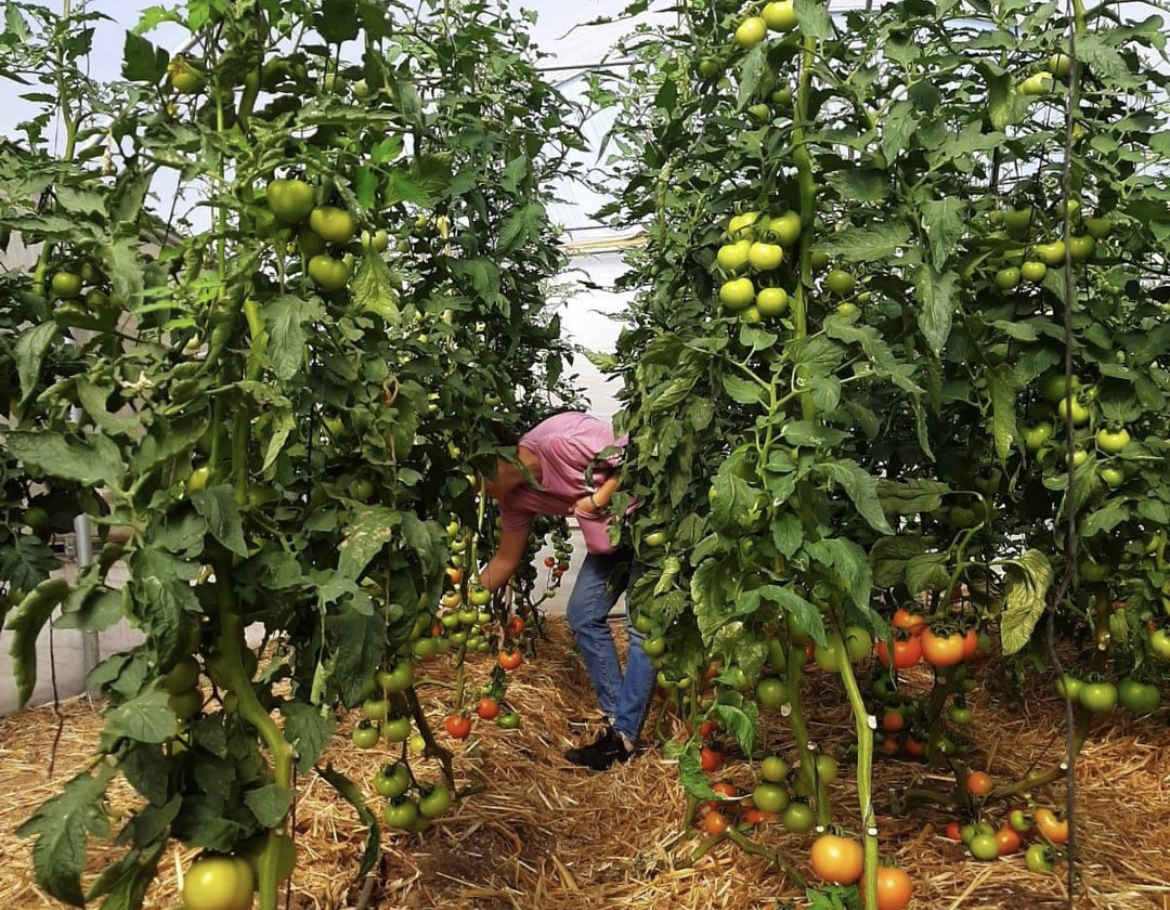
Volunteers On Palestinian Farms Are More Valuable—and Scarce—Than Ever

Famine in Gaza
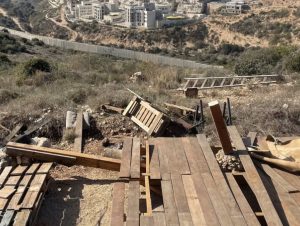
Israel must stop violent settler attacks on Palestinian farmers
According to UN experts, Palestinian farmers in Israeli-occupied West Bank are facing the most dangerous olive season ever.
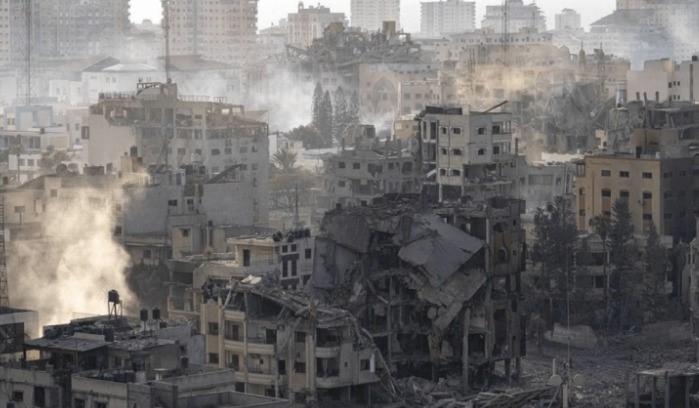
Destroyed Ecosystems
The effects of armed conflict in Palestine, since the establishment of the State of Israel in 1948, are devastating and long-lasting. This article reviews the devistating impact that the Israeli war machine has on the environment.

Infographic: Palestine's Olive Industry
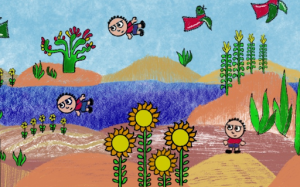
Agroecology, from Palestine to the Diaspora

Seeds of Resistance: The Woman Fighting Occupation with Agriculture
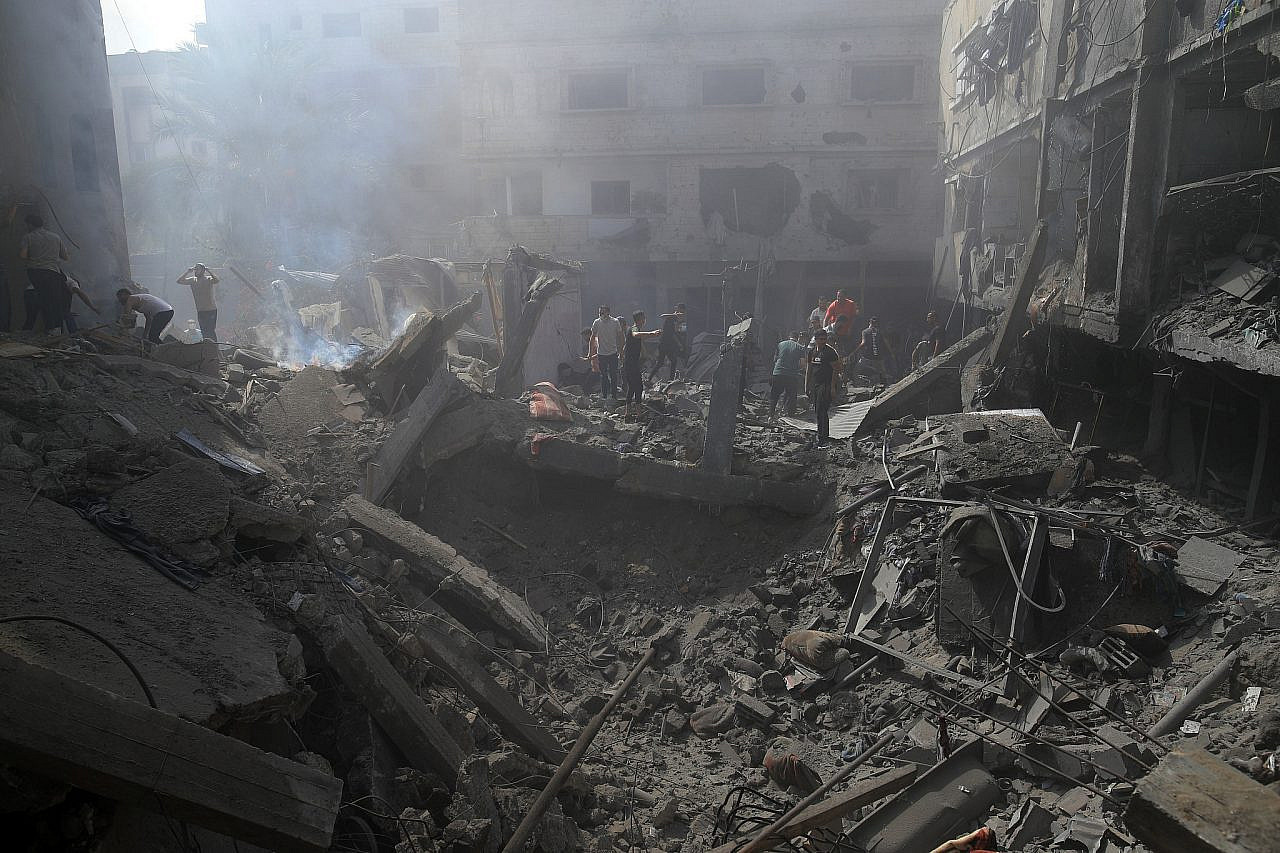
Israel’s War in Gaza is Causing a Climate Catastrophe
This article goes into detail of an overlooked byproduct of Israel’s genocide against Palestinians in Gaza. During the first two months alone, Israel’s planet-warming emissions were greater than the annual carbon footprint of more than 20 of the world’s most climate-vulnerable nations.
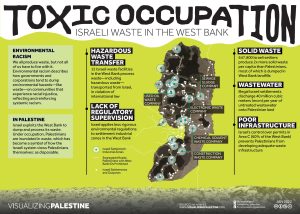
Toxic Occupation Infographic
Systems of colonialism & militarism destroy both human rights and the environment. This series of infographics depicts the intersection between the Palestinian human rights movement and the environmental and climate justice movements.
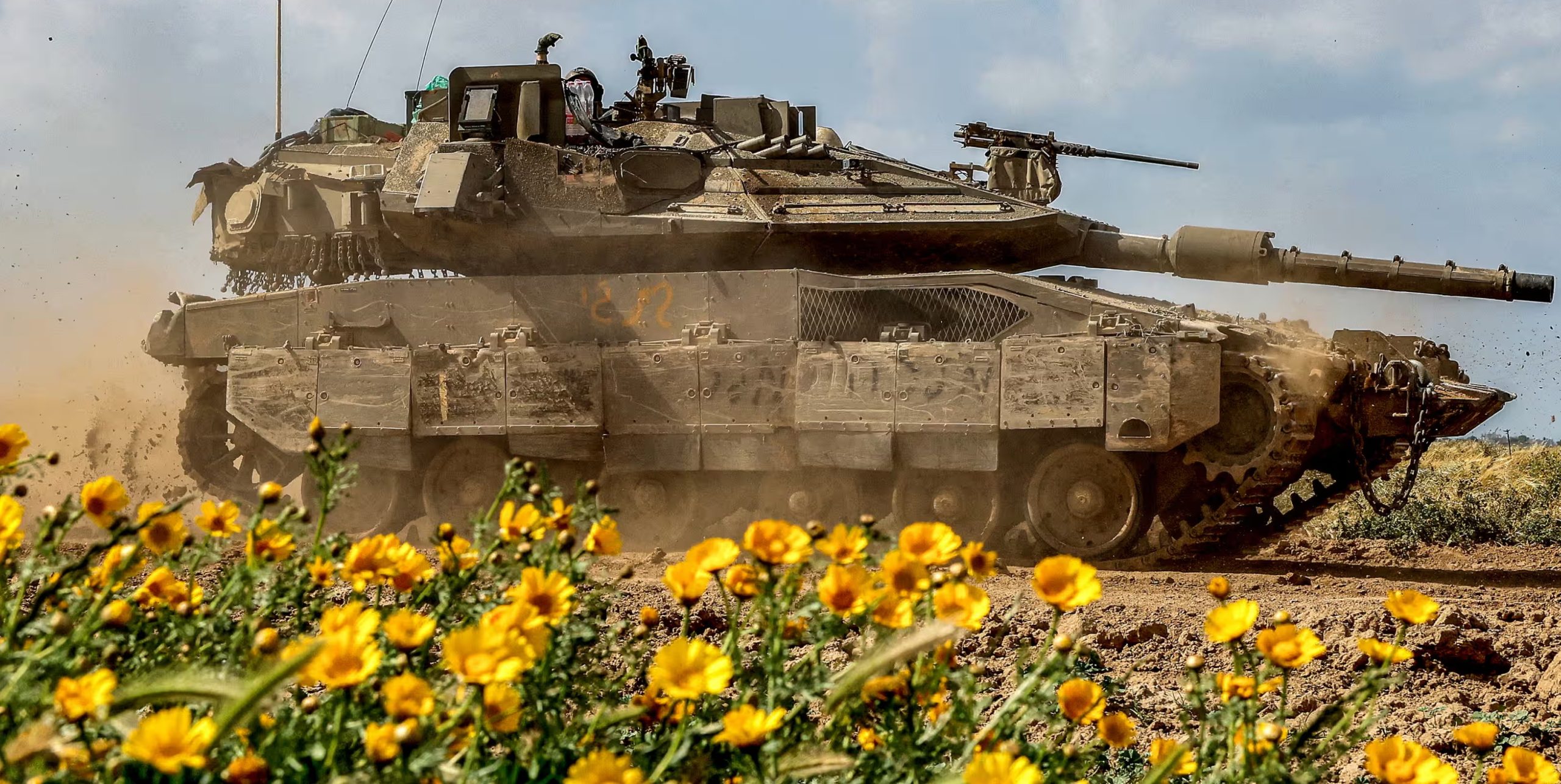
‘Ecocide in Gaza’: does scale of environmental destruction amount to a war crime?
Satellite analysis revealed to the Guardian shows farms devastated and nearly half of the territory’s trees razed. Alongside mounting air and water pollution, experts says Israel’s onslaught on Gaza’s ecosystems has made the area unlivable.

Designing the Future in Palestine

Israeli Colonization of Palestinian Agriculture
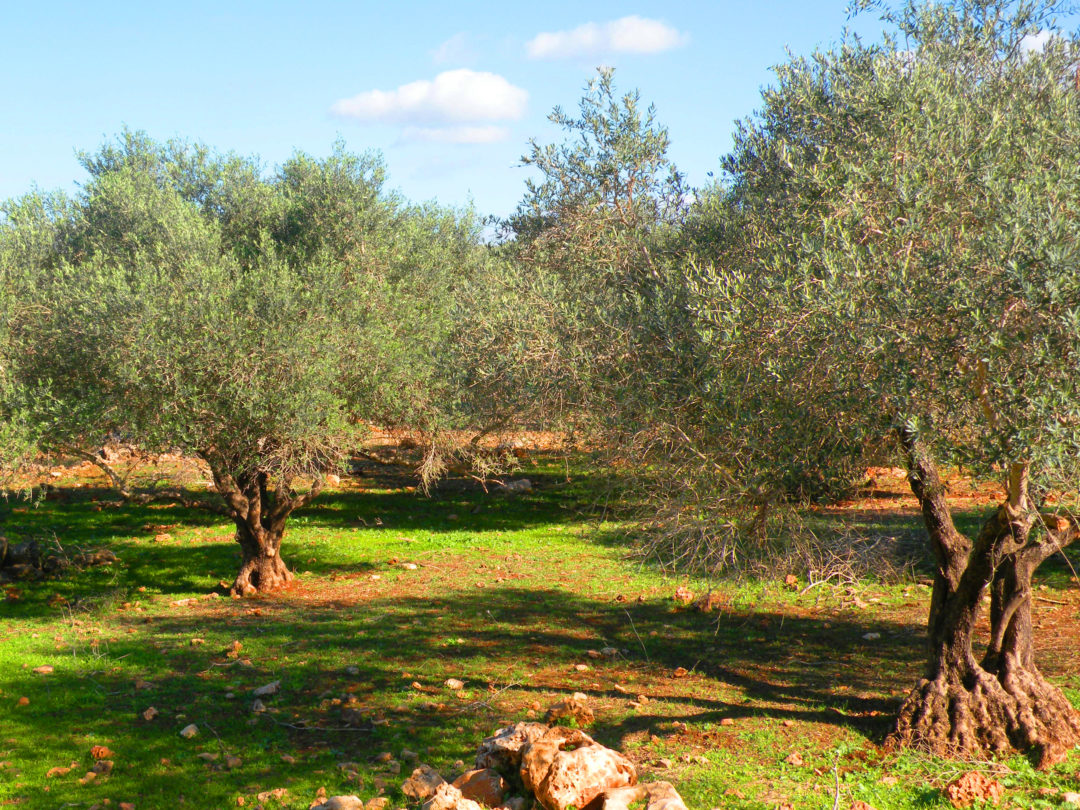
Envisioning Perennial Agroecosystems in Palestine

Working Towards Food Sovereignty in Palestine
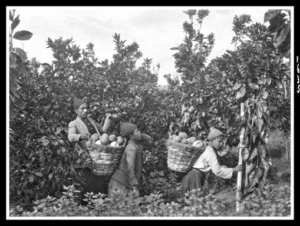
Palestinian Foodways Bibliography
A powerful bibliography filled with resources on foodways, agriculture, and survival amid ongoing crisis.
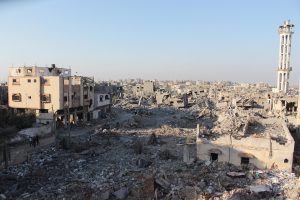
As War Halts, the Environmental Devastation in Gaza Runs Deep
The war in Gaza has taken a heavy toll on the environment, with water supplies contaminated, raw sewage pouring into the Mediterranean, once-fertile soils ruined, and the land stripped of trees. Experts say the extent of the damage needs to be tallied to help plan for a recovery.

Hummus, Tahini and Other Tastes of Home in Jerusalem’s Old City

The Besieged Palestinian Agricultural Sector

Union of Agricultural Work Committees

The Rise of Palestinian Food

Famine in Gaza

Israel’s War in Gaza is Causing a Climate Catastrophe

Palestinian Foodways Bibliography

Israel must stop violent settler attacks on Palestinian farmers

Destroyed Ecosystems

‘Ecocide in Gaza’: does scale of environmental destruction amount to a war crime?

The Rise of Palestinian Food

Volunteers On Palestinian Farms Are More Valuable—and Scarce—Than Ever

Designing the Future in Palestine

Israeli Colonization of Palestinian Agriculture

Envisioning Perennial Agroecosystems in Palestine

Union of Agricultural Work Committees

Infographic: Palestine's Olive Industry

Seeds of Resistance: The Woman Fighting Occupation with Agriculture

Hummus, Tahini and Other Tastes of Home in Jerusalem’s Old City

The Besieged Palestinian Agricultural Sector

Working Towards Food Sovereignty in Palestine

Toxic Occupation Infographic

As War Halts, the Environmental Devastation in Gaza Runs Deep

